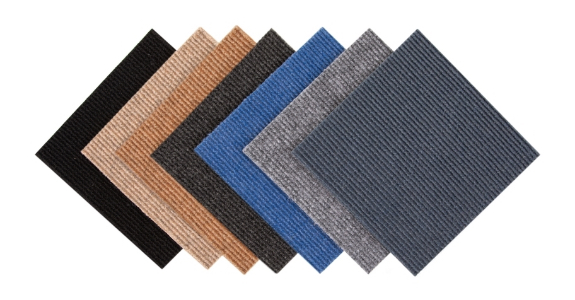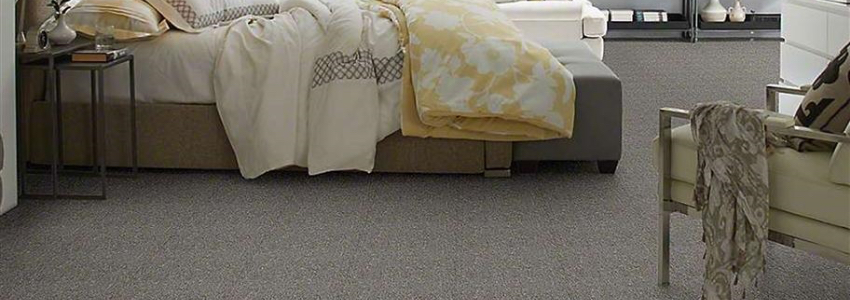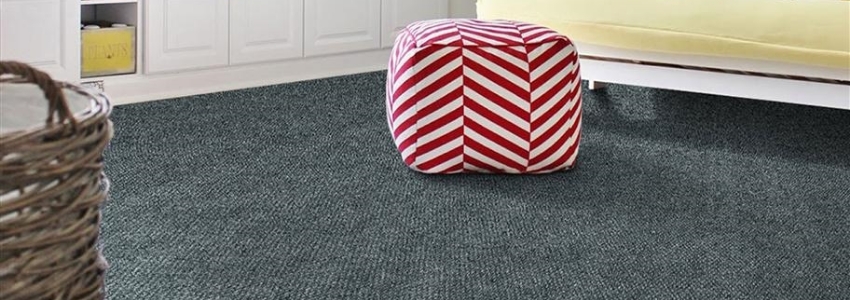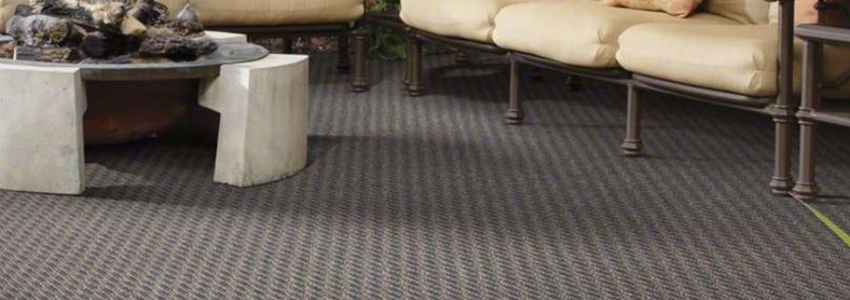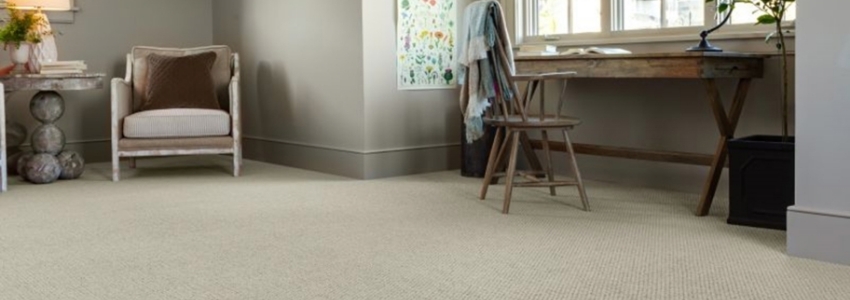What is Berber Carpet: A Buying Guide
Berber carpet is a big mystery to many people. I’m here to demystify this carpet and let you in on all the secrets surrounding this product. Let’s get started!
Part of the reason this carpet is so confusing is that the word “Berber” has come to mean two different things. Don’t worry, I’ve got all the definitions you need for Berber carpet, as well as how it performs, and its shortcomings.
Berber carpet is one of the most popular styles of carpet for commercial spaces; now you’ll know why it belongs in your home.
Part of the reason this carpet is so confusing is that the word “Berber” has come to mean two different things. Don’t worry, I’ve got all the definitions you need for Berber carpet, as well as how it performs, and its shortcomings.
Berber carpet is one of the most popular styles of carpet for commercial spaces; now you’ll know why it belongs in your home.
What is Berber Carpeting?
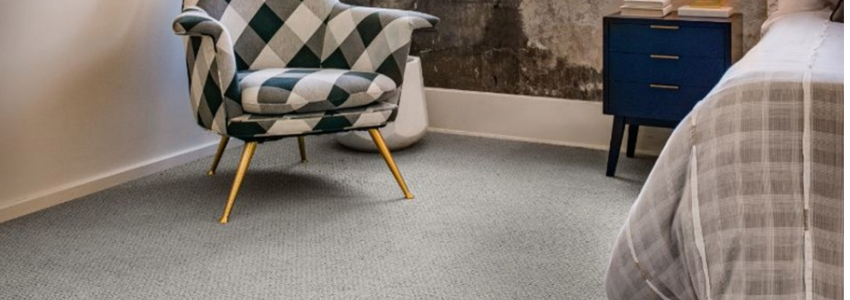
The word “Berber” can refer to two different things: color or style. Traditionally it refers to the color of the carpet. Berber carpet is light in color with flecks of darker colors.
However, today, Berber generally refers to a specific carpet style. Berber is found in looped styles. It’s a tight weave without any tufts like other types of carpet. All carpets begin as looped carpets.
In case you’re wondering, the word “Berber” refers to the Berber people of North Africa who created hand-woven textiles that featured a signature knotting style and multi-colored flecks from sheep wool. There’s nothing wrong with knowing a little history!
However, today, Berber generally refers to a specific carpet style. Berber is found in looped styles. It’s a tight weave without any tufts like other types of carpet. All carpets begin as looped carpets.
In case you’re wondering, the word “Berber” refers to the Berber people of North Africa who created hand-woven textiles that featured a signature knotting style and multi-colored flecks from sheep wool. There’s nothing wrong with knowing a little history!
Types of Berber Carpet
Rolls
Berber rolls are perfect for wall-to-wall carpets, and they can be highly decorative, with detailed abstract and geometric patterns. While installing carpet rolls is typically more difficult than installing tiles, some options do come with extra benefits such as stain-resistance and waterproof fiber treatments.Tiles
Berber carpet tiles are easy to install, offering a self-adhering backing. All you have to do is peel off the backing and firmly press the carpet to the floor, and that’s it! You can completely recarpet a room in practically no time! Carpet tiles also tend to be cheaper than carpet rolls, which makes them a great option for a low-cost renovation.Residential vs. Commercial Berber Carpet
Residential
Berber is known for its short, tightly packed, looped fibers, which makes it tough enough to handle even the most hectic household. It’s easy to clean, it doesn’t wear down as easily as other carpets, and it still adds warmth and softness to your rooms without compromising on function.Commercial
Virtually all commercial carpets are Berber because it’s designed to hold up so well to high traffic. Commercial Berber will be even thinner than residential carpet in order to stand up to heavy traffic. Some options are also designed for outdoor use. Commercially rated carpet can also be used at home, of course, and lots of people choose that option because it’s so easy to take care of.Pros of Berber Carpet
Okay, so now that you know what Berber carpet is, we can talk about how well it performs. The truth is, this carpet has a lot of great attributes that make it an awesome choice for your home. Let’s dig into some of the best aspects.
- Less expensive: Because all carpet begins as Berber carpet, it tends to be less expensive since it’s easier to manufacture.
- Durable: It’s more durable than other carpets because of its tight weave and low pile. That’s why you find it in many high-traffic commercial areas.
- Easy to clean: Because of the loop style carpet, spills tend to sit on the surface of this carpet instead of soaking into the fibers.
- Hides soiling: Multi-fleck carpets hide soiling since they aren’t a solid color.
Cons of Berber Carpet
Like every product, Berber does have a few limitations. Some of them are unlikely, but they’re good to know about anyway.
- Snags: To be honest, this is highly unlikely because it requires a lot of force, but Berber carpet can be subject to snags and runs if you drag heavy furniture across it, or have a vacuum with a beater bar.
- Pet damage: As it turns out, cats really like the texture of looped carpet and might try and scratch it. This could damage your carpet.
- Special vacuum: Beater-bar vacuums should not be used on Berber. Any frayed ends can get twisted around and result in a snag or run in your carpet.
- Texture: It’s not as soft as cut-pile carpet.
- Installation: It’s difficult to install as pattern matching is tricky and seams are rarely invisible due to its low pile.
Why Choose Berber?
Okay, so now you might be wondering why you should choose Berber over other carpets. There are a few reasons this carpet may be right for your home:
- Durability: If your home has a high traffic area with lots of animals, people, and kids running through it, Berber can stand up to the challenge.
- Low-maintenance: Berber tends to be cleaner than other types of carpet. It’s easier to suck up dirt with a vacuum because of its short fibers. Spills can also be cleaned up since they tend to sit on top of the carpet instead of soaking through.
- Affordable: Berber is one of the most affordable carpets on the market. It’ll certainly fit any budget you have. If you have a tight budget, it may be the way to go.
Conclusion
Hopefully, Berber carpet has now been demystified! You no longer have to scour the internet searching for answers. So what are you waiting for? Get shopping!


